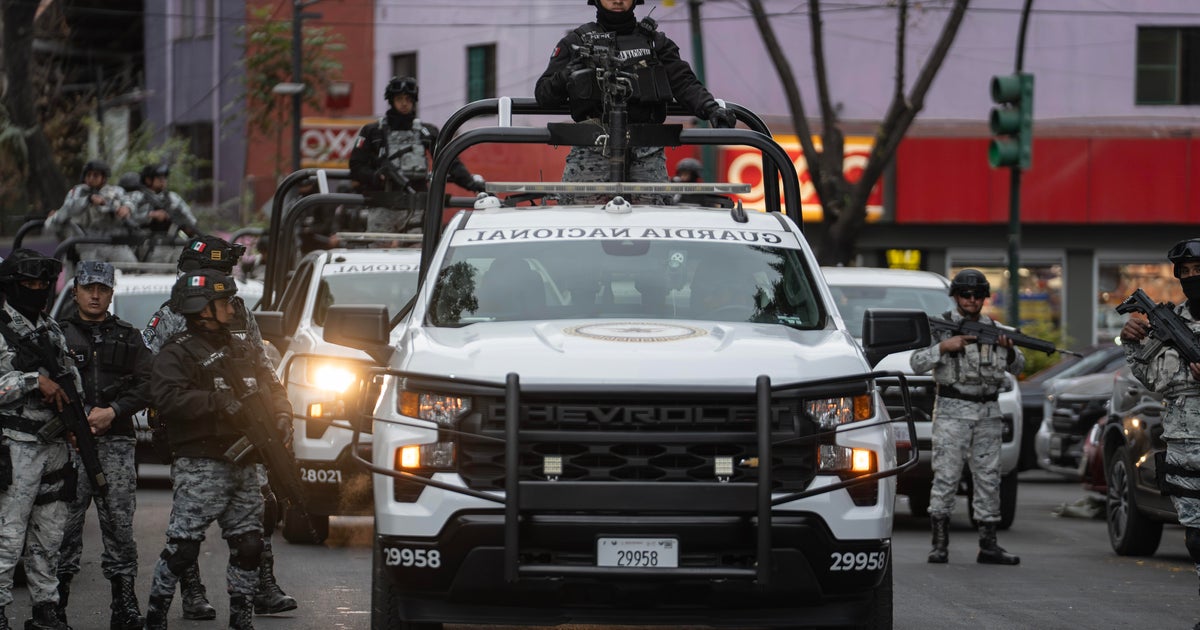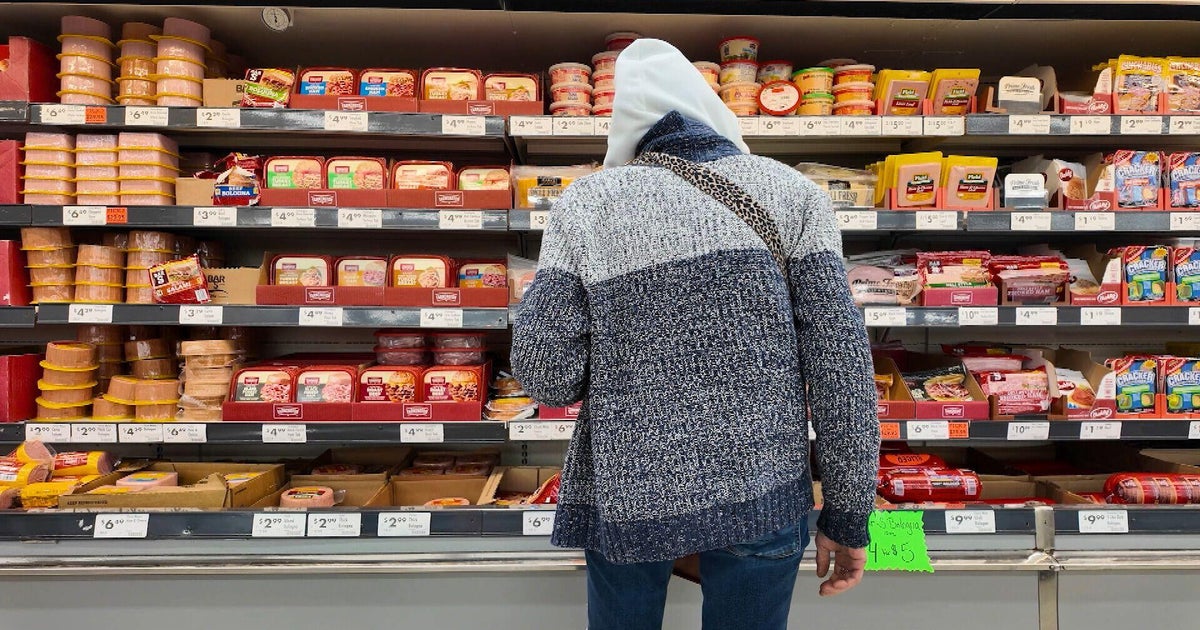Sunscreen Myths Debunked By Sarah Dakar!
STUDIO CITY (CBS) — Before you lather up for some sun this weekend, learn the truth behind some popular sunscreen myths!
Sarah Dakar, beauty director of Sonya Dakar Skincare visited the KCAL9 studios Thursday to debunking sunscreen myths.
5 Sunscreen Myths, Sunk
1. SPF 100 will keep me protected all day long. FALSE.
• It is important to know there are 2 kinds of UV rays. UVB causes skin to burn, while UVA causes aging, brown spots, and other long term damage to skin.
• The SPF number on your sunscreen bottle only represents the additional minutes you can be in the sun without being burned (i.e. UVB protection), and it actually has nothing to do with the impact of UVA rays on skin.
• The AAD (American Academy of Dermatology) recommends wearing a broad spectrum, water resistant sunscreen with SPF 30 or greater, every day. They also recommend seeking shade whenever possible.
o The SPF Equation: Amount of time before you burn + SPF Number = Time you are protected.
2. You only need a thin layer of sunscreen to be protected. FALSE.
• Most people apply only 20-25% of the amount of sunscreen they need.
• The general rule for the average body is one ounce (that's one shot glass) to cover all the exposed areas of your body and an additional full teaspoon for your face.
3. Last year's bottle is still OK. FALSE.
• All sunscreens have an expiration date. Many ingredients break down faster than others so it is always important to check the expiration date to be sure you are getting full protection.
• You can usually find your sunscreen's expiration date at the upper seam of the bottle or at the bottom of the bottle.
4. Your swimsuit or clothing is protecting you from UV Rays. FALSE
• UV rays can absolutely penetrate your clothing and swimsuits.
• For instance, a basic cotton t-shirt will give you approximately the same protection as a sunscreen of SPF 15 or less, depending on the thickness of the shirt. The same goes for swimsuits.
• An easy solution is to look for clothing or swimsuits with a UPF (Ultraviolet Protection Factor) of 30 or more.
5. In order to effectively protect against UV Rays, a sunscreen needs to feel thick and greasy. FALSE.
• With lightweight, broad spectrum products you can keep safe and protected, and look younger while you do it.
For more skin care tips, visit Sonya Dakar online.







